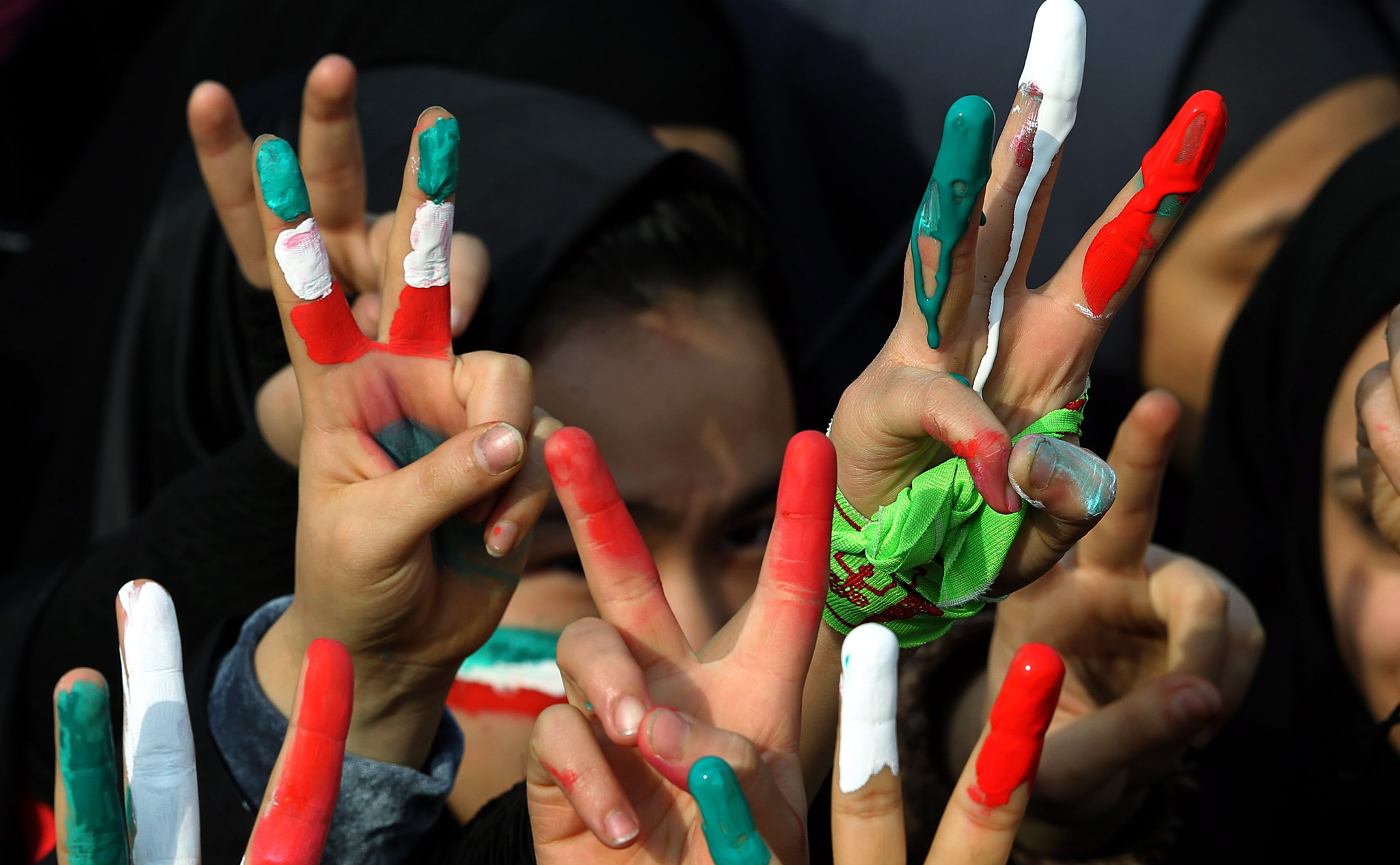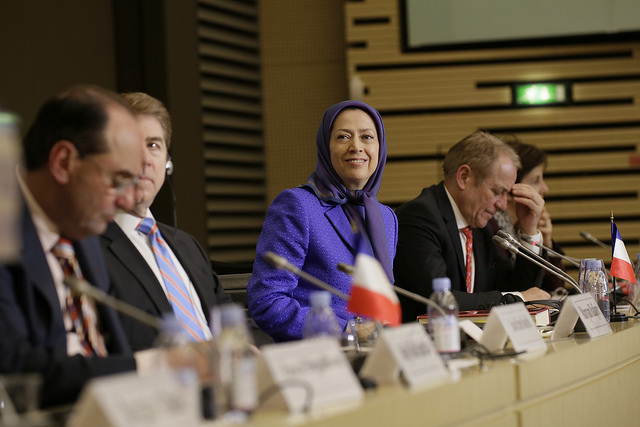
Suspend for a moment any care for the Iraqi civilians and British soldiers who died in the 2003 invasion and subsequent years of occupation in Iraq. I’m not saying you don’t care, but let’s for a moment pretend you don’t. As if by magic, you now possess the fundamental emotional characteristics of a “Blairite”. You will find your newfound callousness useful in assessing without emotion the bloody Middle East you and your idol, Mr Anthony Charles Lynton Blair, have helped create.
You will of course briefly deny that you do not possess emotions about dead civilians, and point to the Kurdish and Shia groups Saddam Hussein targeted during his reign of terror as evidence for your compassion. It was your heartfelt concern for these people that motivated your yearning to topple Hussein, you say.
What Blairites are really saying is that people who Saddam Hussein killed “count” – people that died as a result of Blair don’t. It’s a strange form of compassion, if one at all.
So, Blairite automaton, let me ask you some questions. Firstly: Would you still defend Blair’s conduct in Iraq today? As is evident from the flurry of defensive newspaper columns from Blairites in the wake of Chilcot, Blairites still believe toppling Saddam Hussein was defensible.
A second question for the robotic Blairites is: What would they say the major threats to Middle Eastern stability are today? Iran – they will shout, first and foremost. They will have, most recently, attacked the Blairite anti-Christ – Jeremy Corbyn, over his sympathies for the Iranian regime. Iran – they will say, is an existential threat to Israel, a country close to Blairite hearts. Iran is backing President Bashar Al-Assad in Damascus, which is true, and so Iran is evil.
So, why are you, Blairites, cheering on the successes of Tehran? If there was one winner of the 2003 invasion of Iraq, it was Iran. Still pleased with your handiwork?
Saudi Arabia lobbied against the Iraq war for one very sound reason; it would let Iran take over Iraq – a prize so great the ayatollahs had been sending young men to die there since the eighties. We may have been unprepared for the Shia militias and their Iranian intelligence handlers flooding over the border, but we were certainly warned. It wasn’t just signals coming out of the Saudi embassy. Chilcot details similar warnings given by numerous diplomatic, military and intelligence sources. The effective capture of Baghdad by Iran, cheered on by ignorant Blairites blinded by the excitement of it all, marked the start of the so-called Shia Crescent rising, in which no longer was Iran sponsoring disparate conflicts in Kurdistan, Gaza and Lebanon, but it suddenly controlled a vast swathe of conjoining territory across the region. The confidence with which it has approached the Syrian conflict is in great part derived from the momentum of the seizure of Iraq.
You can’t want Iran to be beaten back, decry Tehran’s human rights abuses and attack British politicians, like Corbyn, for associating with Iran – yet celebrate the biggest geostrategic victory in a century. This was not, as Blairites are also keen on claiming, a result that it is only possible to realise in hindsight. There were warnings.
Tehran had two enemies in 2003: Saddam Hussein to the west and the Taliban in Afghanistan to the east. Both were taken out by the West, without Iran having to lift a finger. Iran has proven itself highly resistant against sanctions. Its intelligence services are adept at running proxy wars – delicate operations in which experience and relationships count – and where the West puts a foot wrong, Iran has always stepped in to take advantage. Iran has a terrible human rights record – albeit far behind that of Saudi Arabia. If you supported the war in Iraq, you supported the rise of these human rights abuses. And if you’re a Blairite – you probably didn’t even realise.
- This article first appeared on MEMO


